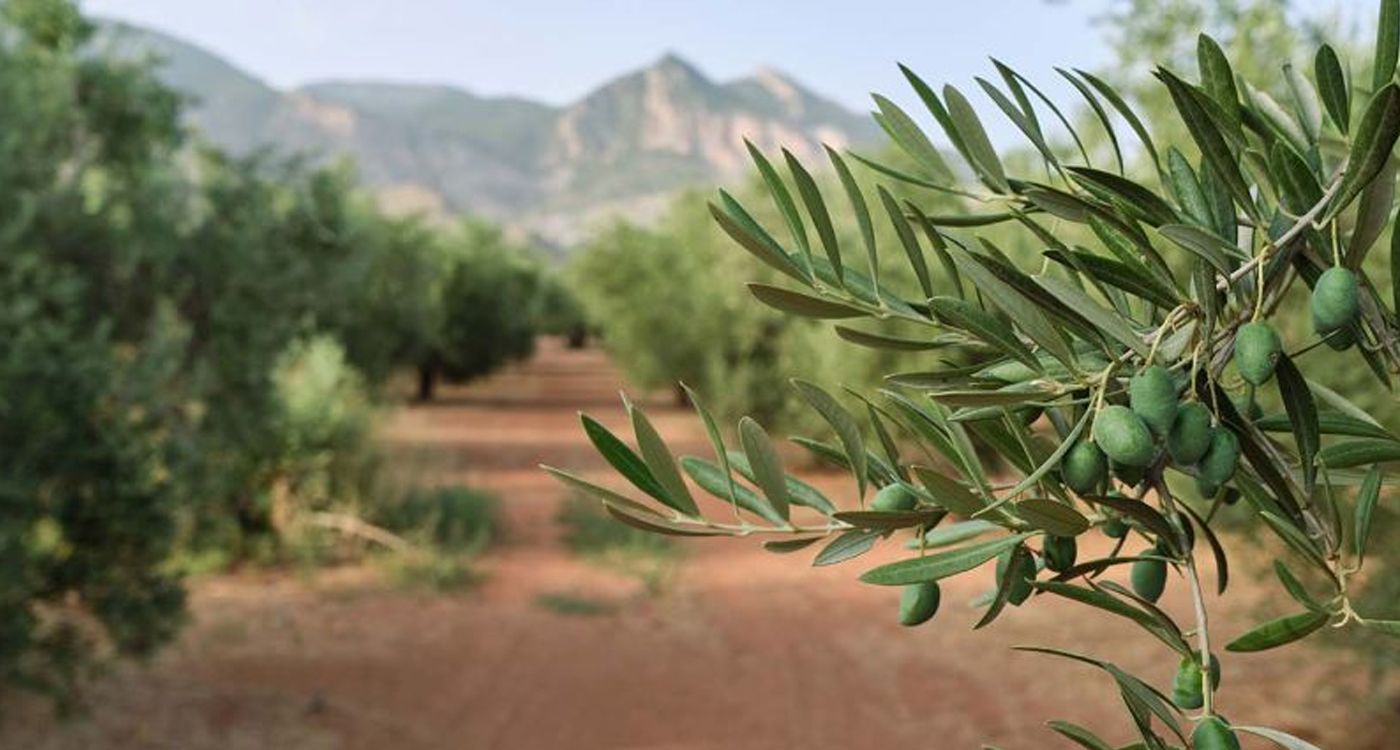
In the South Lebanon town of Marjayoun, most homes have shuttered their windows, and shops have rolled down their metal gates. Cars rarely pass through what has become a ghost town. The majority of its 15,000 residents have fled the bombings that have extended to residential areas and neighborhoods on the outskirts or within the town.
However, their suffering did not end there. Amid the ruins and debris, shadowy figures lurk, targeting abandoned homes and farmlands. “Heartless thieves, indifferent to the plight of displaced residents, have found opportunity in this devastation,” fumes a septuagenarian victim of a burglary.
Homes are being increasingly looted, if not outright occupied by strangers, and crops are being stolen, compounding the financial losses for residents. This phenomenon is not confined to Marjayoun but unfortunately affects several localities regularly targeted by Israeli raids and bombings. A couple of days ago, in Nabatieh, security forces arrested a group of thieves who had ransacked apartments abandoned by their owners. In Marjayoun, the lack of personnel at the local police station and municipal office makes it difficult to track down the looters.
A growing scourge
“The situation is catastrophic,” laments Abou Fadi, who refused to leave his village. “I was forced to leave with my family, only to have our neighbor discover that strangers are occupying our house. Not only have we lost our home, but our fields have been ravaged.”
“The intrusions continue, and no one seems to care about our plight,” confirms Assad, another victim.
Properties are being occupied without the consent of neighbors or the municipality, often under the pretext of security or military reasons. This exposes them to destruction if the occupant is a Hezbollah member, as has occurred in Nabatieh and likely elsewhere. In one instance, a doctor who relocated with his family to Mount Lebanon had his villa occupied by a Hezbollah member and his family. The villa was subsequently targeted and destroyed in a raid as the Israeli army continues its pursuit of Hezbollah operatives.
This situation has further heightened anxiety and fear among Marjayoun’s residents, who feel powerless against such blatant violations of property rights, all while dealing with the hardships of displacement.
The return of Syrian migrants, who had initially fled Marjayoun during Israel’s September offensive against Hezbollah, has exacerbated tensions. In some cases, they have been caught red-handed committing thefts. “We always considered our neighborhood safe, but in recent months, burglaries have multiplied,” confides a resident who requested anonymity, visibly worried about his family’s safety.
“All my valuables, family heirlooms, are gone. I don’t know who could have done this, but it feels like a violation of my most personal space,” shares Mira, a displaced woman from Marjayoun.
Burglaries have become a daily occurrence. “It feels like being violated. Knowing someone entered your home in your absence and freely ransacked it is incredibly hard to bear,” says Thérèse, whose house was broken into. “They turned everything upside down,” she adds, still in shock. Her husband discovered the burglary upon returning to retrieve some belongings: “The intruders had broken down the door and left it wide open. Everything was scattered – it was chaos.”
Stolen harvests
Avocado fields and olive groves are also being targeted by opportunistic thieves, often Syrians taking advantage of the residents' absence, according to testimonies from those who have stayed behind. “Our avocado field, which has several trees, was stripped of its precious fruits, leaving the land devastated and families without their livelihoods. It’s heartbreaking. My hard work and effort in cultivating and maintaining the field and olive groves were destroyed in an instant by unscrupulous thieves. This loss is not just material – it’s a tear to the soul and an affront to the region’s identity,” says Chadi. He adds, “I returned to check on my orchard but had to leave quickly. Everything was deserted – it’s terrifying. The entire season is ruined.”
The absence of local authorities has likely emboldened the looters, despite repeated warnings from the Arabic-speaking spokesperson of the Israeli army, Avichay Adraee. He has cautioned residents along the border zone that they risk their lives by venturing into their fields.
Recently, a resident of Hebbariyeh, near Marjayoun, was killed in a raid targeting his olive grove. “The war has ruined me. I spend my time glued to the TV, hoping for news of an impending ceasefire so I can return to my livelihood. I’ve lived through wars, but it’s never been this bad,” laments a father of five who braved the danger to “save” his avocado harvest, typically very profitable due to its export market.
A state missing in action
“We worked hard to build our home and cultivate our land. Everything has been stolen and occupied by intruders. The state doesn’t help us; we feel abandoned. We need protection, but the police and municipal members are unresponsive,” complains Farid, a resident whose house was burglarized.
The lack of support from the municipality and the state exacerbates the plight of residents and displaced persons already suffering from the war. Municipalities have limited resources and are sometimes paralyzed due to a lack of leadership.
“We may not be able to ensure the safety of Marjayoun’s residents, but we are doing everything we can to protect abandoned homes,” says Anis Abla, a member of the municipality and head of Marjayoun’s Civil Defense.
Very few police officers remain at the town’s station. “We’re doing our best, but we lack funds and personnel. We need more significant help from the state,” confirms a police officer.
Self-security has quickly become an unavoidable option. Young men from Marjayoun and Qlayaa have organized security patrols, but they too lack resources and support. Without swift intervention from municipal and state authorities, the cycle of insecurity will continue, threatening the future of the entire region. “We absolutely need to negotiate a ceasefire so people can return home as quickly as possible,” insists a local resident.



Comments